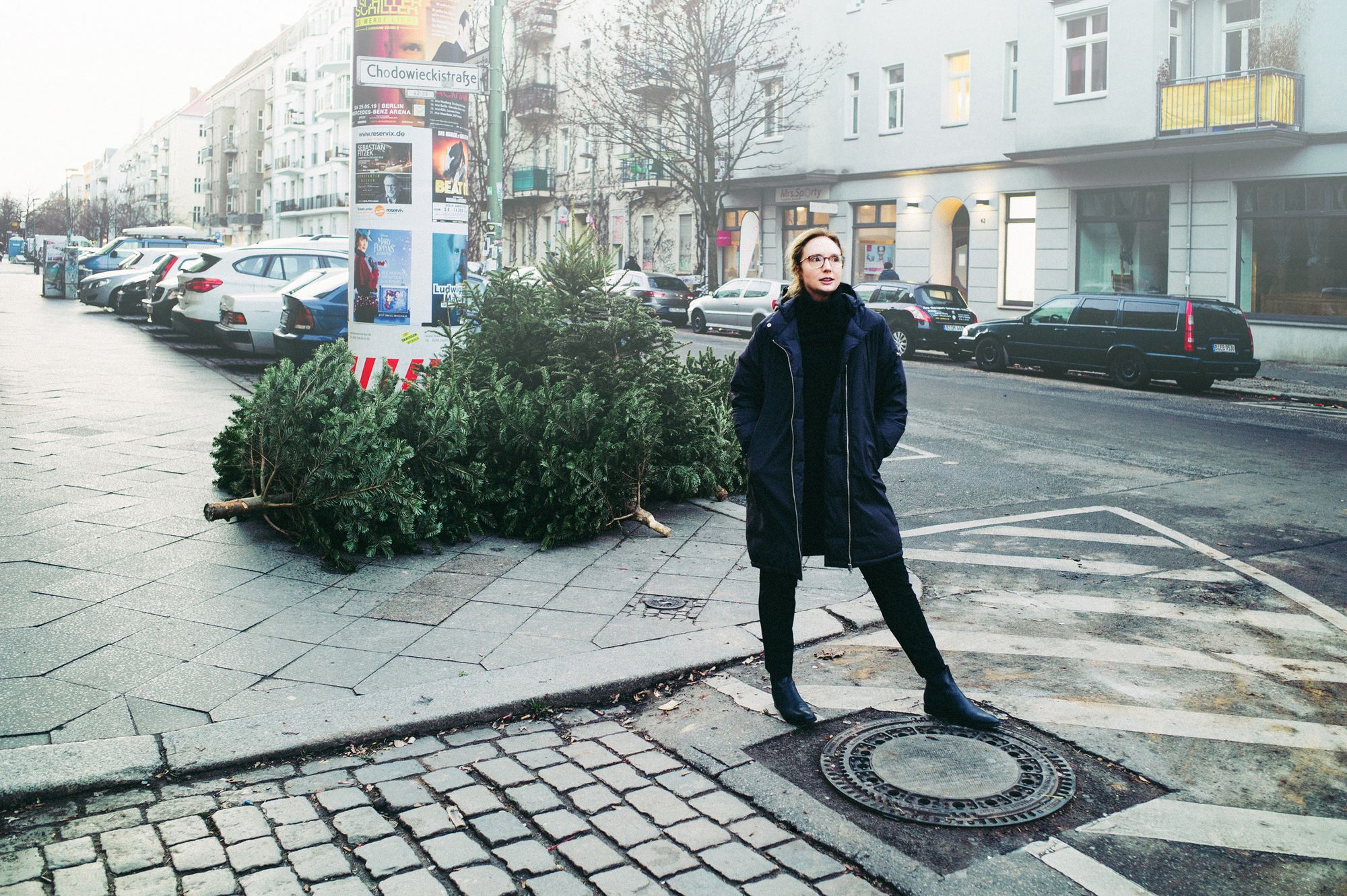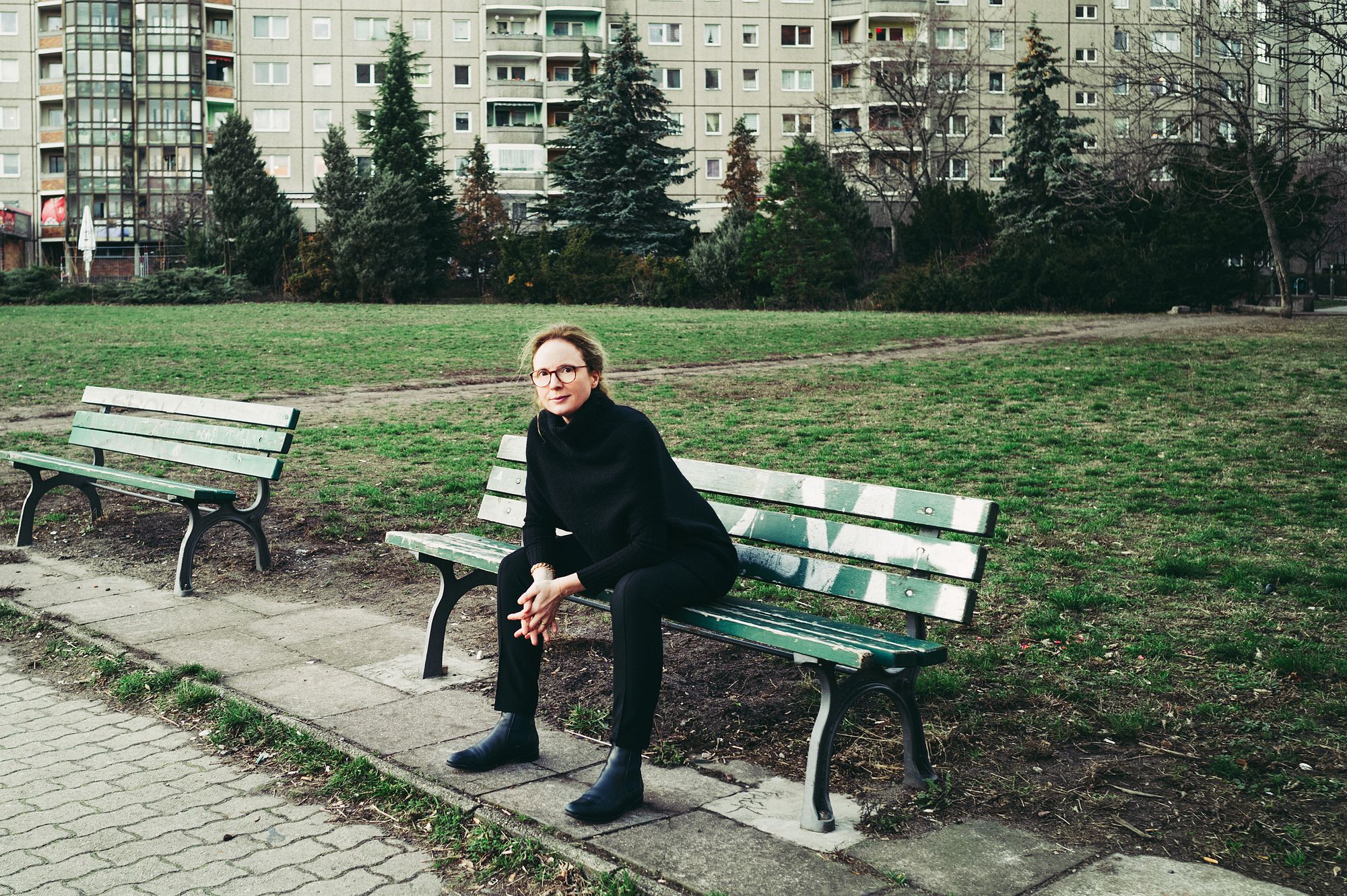Rebecca Saunders (I): Still, Aether, Alba

Volume 35 of BR Klassik's Musica Viva series centres on the composer Rebecca Saunders, winner of the Siemens Prize in 2019 (you can read my report of the prizewnners' concert here).
Saunder's Piano Concerto to an utterance to a prestigious Roche commission will be premiered in Lucerne, Switzerland, in just two days time (September 4, 2021) and I will be covering the Berlin premiere for International Piano on September 9. Nicolas Hidges will be the pianist; the Lucerne Festical Contemporary Orchestra will be ocnducted by Ilan Volkov. The UK premiere will take place on March 30, 2022 with Edward Gardner conducting the Lonodn Philharmonic Orchestra at the Royal Festival Hall. As supplementary listening, perhaps, Classical Explorer presents two posts on Rebecca Saunders' music, of which this is the first.

The present disc was released in October 2020, and presents two works for soloist and orchestra sandwiching an extended piece for two bass clarinets.
The piece for violin and orchestra, Still (2011), is heard here in a love performance. It is simply remarkable and entirely representative of Saunders' way of working with sound and gesture. A double-stopped trill that shoots off into space was the kernel that birthed Still, a work in one movement and two parts. The first part, furioso, a battleground in which a single heroic violin fights with brass - and wins!. The orchestral writing as well as the solo writing is supremely conceived: Saunders' ear for sonority is astonishingly acute - not a single texture overcrowds.
The composer herself describes the piece as a mobile that does not move but is observed from a variety of angles. That visual image will help in navigating the score; as will the idea of "acoustic spaces" rather than chords. The idea of the double trill implies a sort of vibration that is never still - and indeed its ramifications suffuse the score. Notice, too, how the melodic lines of Still's second part seem to surface and disappear. And while the piece is called Still, it is not called Repose; profound, placid stillness is never achieved. Instead, the title comes from one of the Fizzles by Samuel Beckett in which a person is described watching a sunset. On closer examination, the person is not still - rather, they are trembling (hence the shimmering tremolo in Saunders' work). There is a parallel, too, surely, between Beckett's ultra-precise descriptions of his subject and Saunder's hyper-acute ear and control of her forces:
The live performance by Claudia Widmann and the Bavarian Radio Symphony Orchestra under Ilan Volkov is remarkable. The otherworldly, silvery textures of the work's second part are just as acutely realised as the modernistic dynamism of the first.

The performance of Aether on this disc is that of the German premiere. This chamber piece is for two bass clarinets and was composed 2016/16 to a commission from Bavarian Radio's "musica viva'. In the context of this disc, out of one stillness comes another flavour of stillness, here, a deliberately timeless one. Eventually, an explosion has to happen and indeed it does. Saunders treats her two bass clarinettists as one "mega" bass clarinet and creates an essentially mono-timbral space. While one definition of the word Aether is esoteric, Saunders lists many others in her commentary, including a rarefied form of air itself - and indeed there is a feeling of dissociation between composer/artists and listener here. The sheer control required by the instrumentalists is positively monumental: Carl Rosman and Richard Haynes are little short of magnificent:
Finally, Alba for trumpet solo and orchestra (2014) - a recording of the work's World Premiere, Co-commissioned by musica viva and BBC Radio 3 for the BBC Scottish Symphony Orchestra,the title explores both teh concept of "whiteness" (luminosity) in music and also the Beckett "Alba" taken from the collection Echo's Bones, a poem in which every word is accompanies by its "shadow". Saunders refers to Beckett's "reduced, almost skeletal. prose, both mercilessly direct and yet exquisitely fragile" and that idea filters into her music in a score that presents volcanic eruptions alongside frozen plateaux. Marco Blaauw is the superb trumpeter (he's the real deal, as a performance of Peter Eötvös's 2001 piece Sketches of a Conversation with the LPO/Jurowski in February 2020 proved). Here he is in Alba:
In preparation for that Saunders Piano Concerto premiere, we will be presenting two Rebecca Saunders posts this week, the other of solo works for piano, percussion, cello, accordion (with recitation) and violin.
